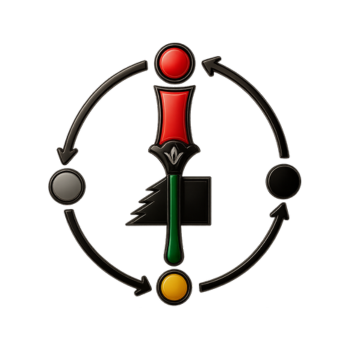-
In traditional society, a Gikuyu elder had his own gardens where he cultivated “irio cia mundu murume” (a mans crop). These are perennial and root crops, also known as tuberous crops (irio cia menja) since they involved much digging in planting and harvesting. These crops included Coco Yams, Banana, Sugar Cane and Sweet Potatoes. A man taught his young sons how to cultivate these crops. He also gave them gardens where they could grow their own crops as they practiced the skills he taught them.
The crops belonged to the sons to do with them as they liked. One of the lessons a young boy learnt was that a man must keep herds and flocks and at the same time cultivate food crops. These pursuits required and taught them good management of time, as well as diligence. A son learnt from his father that even for young people diligence was an asset. People were always ready to assist a diligent person should he suddenly fall into trouble or have an urgent need.
Therefore, a young boy working in his garden might sing:
I was told by Kigotho, my father
To always cultivate a small garden for myself
A diligent child
Does not lack someone to wash him.A father also taught his son that a persons land did not produce unless effort was put into it. Some weeds, like couch grass, unless it was controlled could render a plot of land completely unproductive. A diligent person should never abandon a garden simply because of the amount of labour required to control the weeds.
Therefore a young boy working on the couch grass might sing:
When you went early in the morning to
Kigotho’s land
What did you find?
We found couch grass migrating
So couch grass migrates like a person.Often a man migrated in search of better fortunes elsewhere. Metaphorically speaking, the couch grass had to migrate in search of better fortune in a lazy mans garden.

